Michael Burry, the investor who famously predicted the 2008 housing collapse, has broken a two-year silence to warn investors of the AI-tech bubble. In a recent statement, Burry claimed that Big Tech's AI-era profits are built on a common fraud - stretching the depreciation schedule, which he believes is a form of cheating. This warning comes as a significant concern for investors, particularly those who have invested heavily in the AI sector.
According to Burry, the AI bubble is built on a foundation of overstretched deals, which he describes as "knots" rather than trades. These deals, worth trillions of dollars, are based on the assumption that AI technology will continue to grow exponentially, driving profits for companies like Meta and Oracle. However, Burry believes that this growth is unsustainable and that the bubble will eventually burst, causing significant losses for investors.
Financial details and metrics reveal that the AI sector has seen significant growth in recent years. According to a report by CB Insights, AI startups have raised over $100 billion in funding since 2020, with many of these companies achieving unicorn status (valued at over $1 billion). However, Burry's warning suggests that this growth may be unsustainable, and that investors should be cautious.
The market impact of Burry's warning is significant, as it highlights the risks associated with investing in the AI sector. The AI bubble has been a major driver of growth in the tech industry, with many companies relying on AI-related revenue to drive their profits. However, if Burry's warning is correct, and the bubble bursts, it could have significant implications for the industry as a whole.
Meta and Oracle, two of the largest players in the AI sector, have been accused of hiding the brutal truth about their AI-related profits. Burry believes that these companies are using accounting tricks to inflate their profits, by stretching the depreciation schedule. This practice, known as "accelerated depreciation," allows companies to write off the cost of AI-related assets more quickly, resulting in higher profits.
Company background reveals that Meta and Oracle have been at the forefront of the AI revolution, investing heavily in AI research and development. Meta has developed a range of AI-powered products, including its popular virtual assistant, Meta AI. Oracle, on the other hand, has developed a range of AI-powered enterprise software solutions, including its Oracle Cloud AI platform.
Future outlook suggests that the AI bubble may be nearing its peak. Burry's warning, combined with the recent decline in AI-related stocks, suggests that investors are becoming increasingly cautious about the sector. As a result, it is likely that we will see a significant decline in AI-related investments in the coming months.
In conclusion, Michael Burry's warning about the AI-tech bubble has significant implications for investors and the tech industry as a whole. While the AI sector has seen significant growth in recent years, Burry's warning suggests that this growth may be unsustainable. As a result, investors should be cautious and consider the risks associated with investing in the AI sector.
The AI bubble has been a major driver of growth in the tech industry, with many companies relying on AI-related revenue to drive their profits. However, if Burry's warning is correct, and the bubble bursts, it could have significant implications for the industry as a whole. The bursting of the AI bubble could lead to a significant decline in AI-related investments, resulting in job losses and economic instability.
In addition to the economic implications, the AI bubble also raises important questions about the ethics of AI development. As AI becomes increasingly integrated into our daily lives, it is essential that we consider the potential risks and consequences of its development. Burry's warning highlights the need for greater transparency and accountability in the AI sector, and for investors to be cautious about the risks associated with investing in this sector.
Ultimately, the AI bubble is a complex and multifaceted issue, with significant implications for investors, the tech industry, and society as a whole. As we move forward, it is essential that we consider the potential risks and consequences of the AI bubble, and take steps to mitigate its impact.







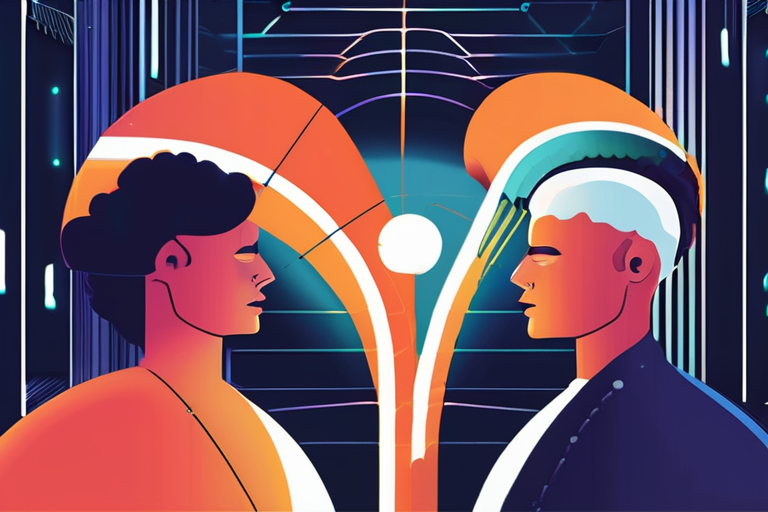



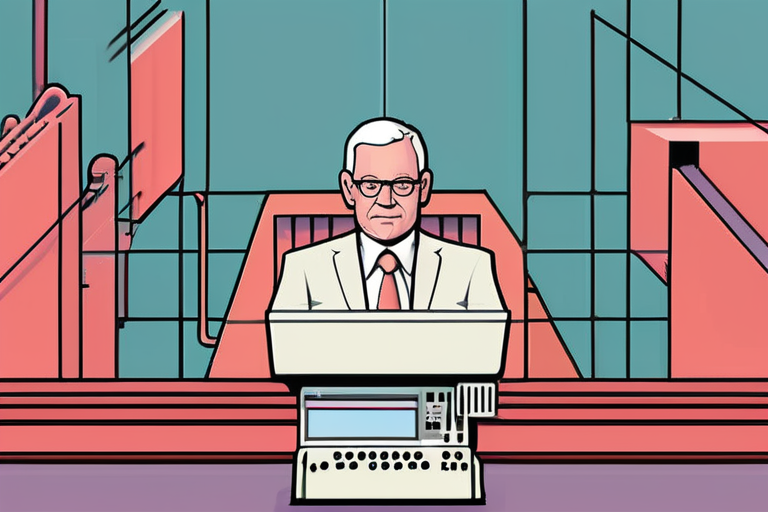
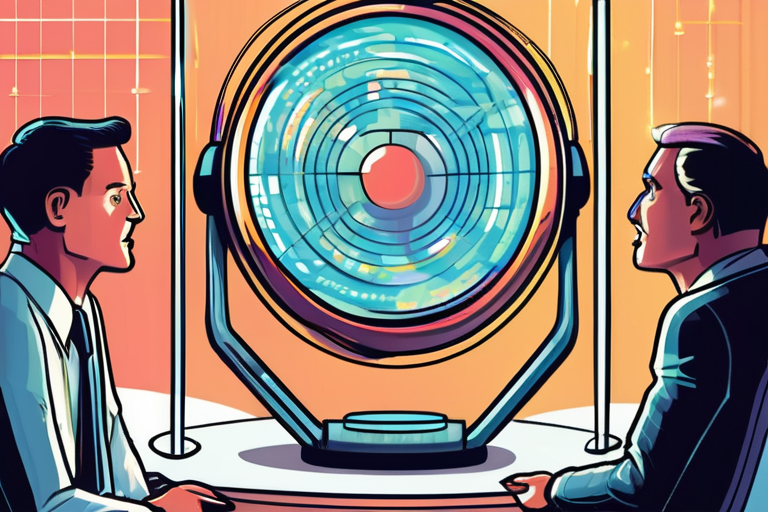


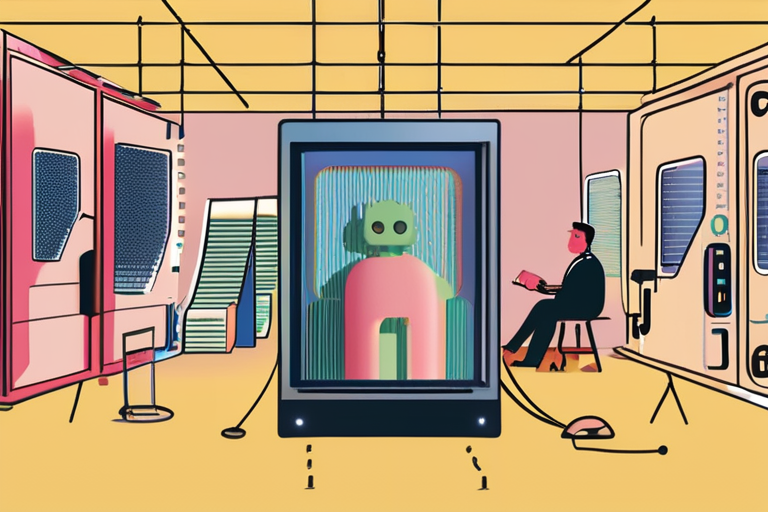
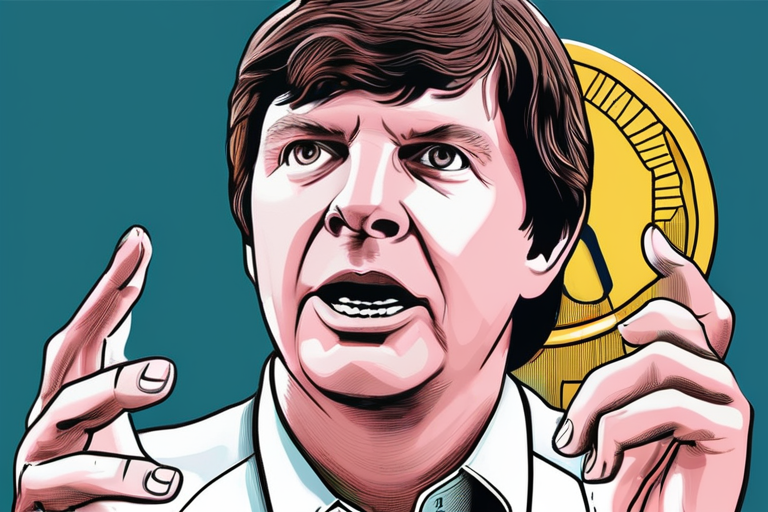
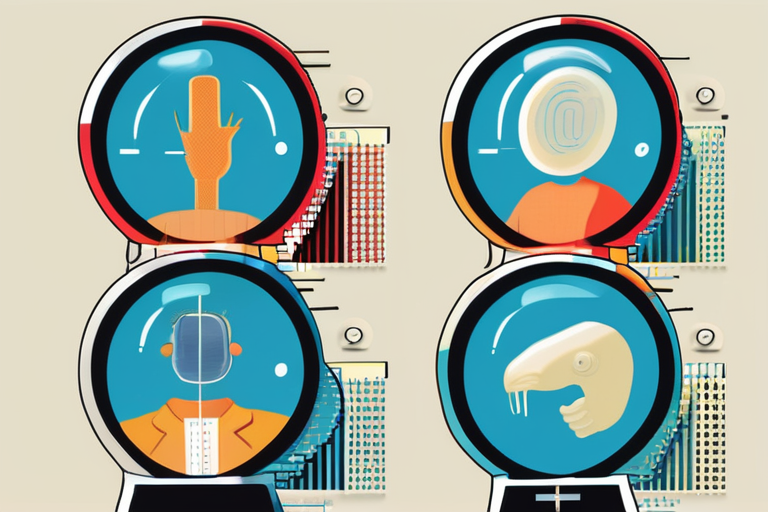
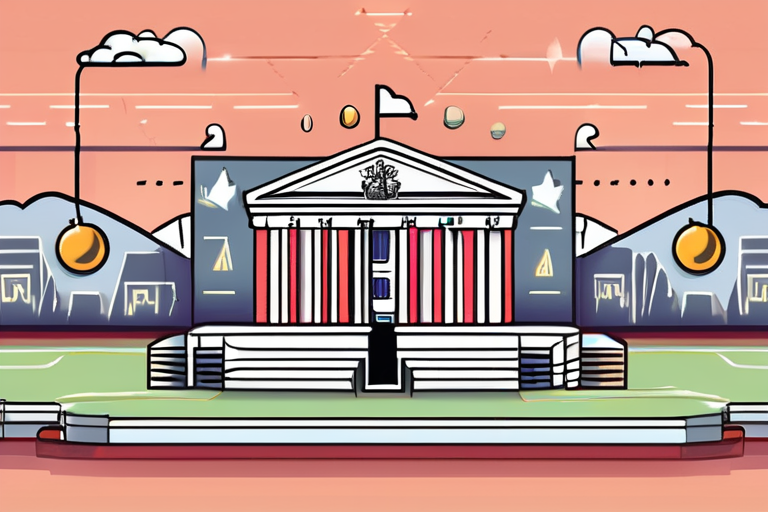
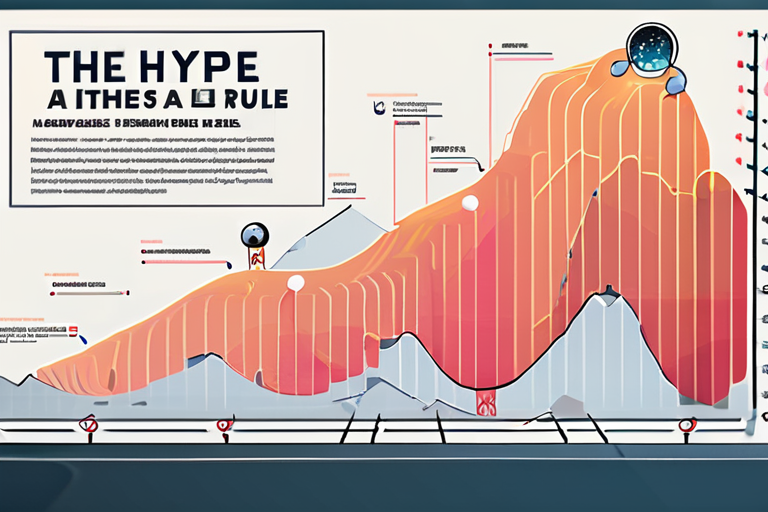

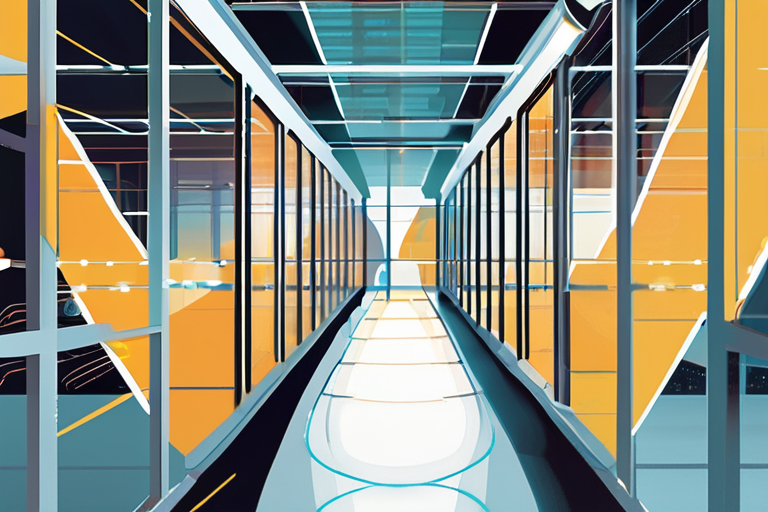


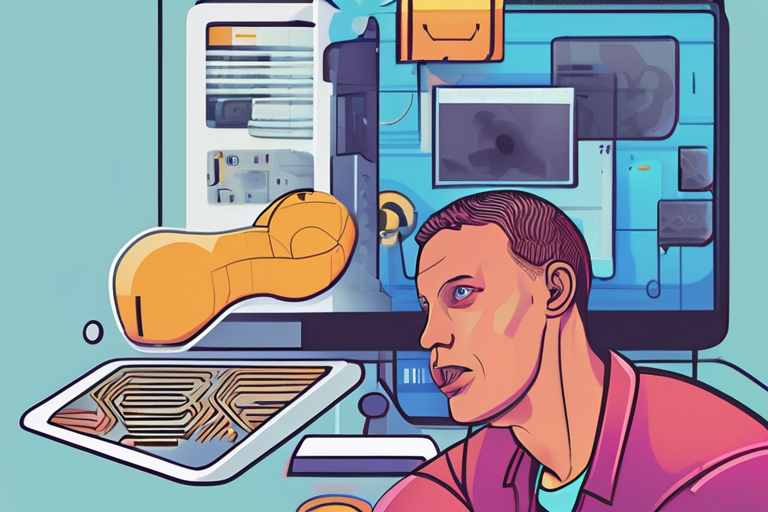
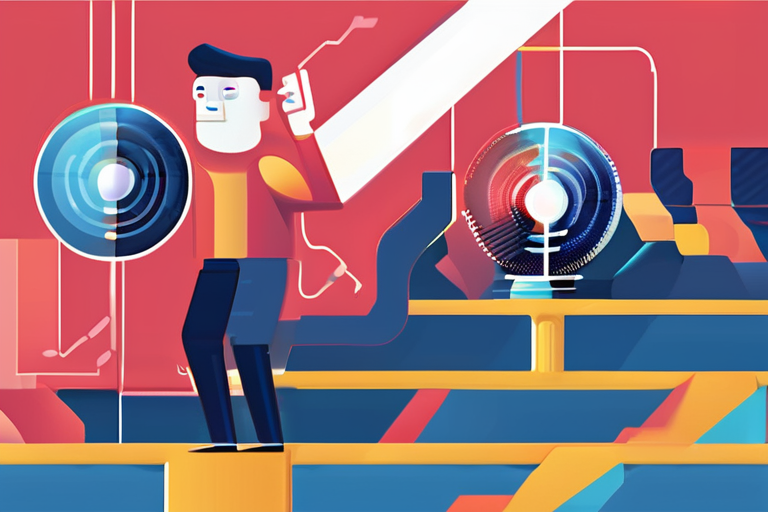

Share & Engage Share
Share this article